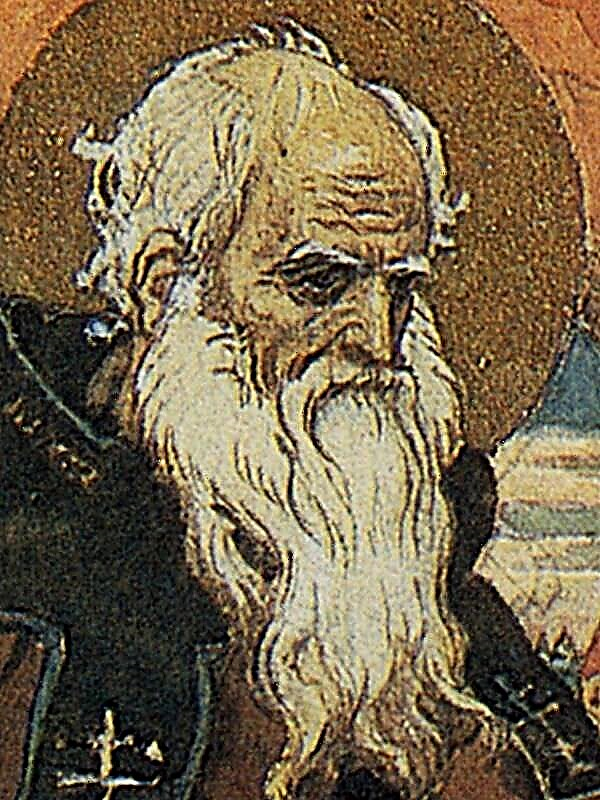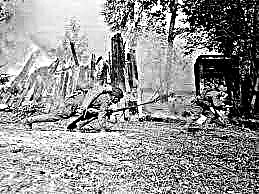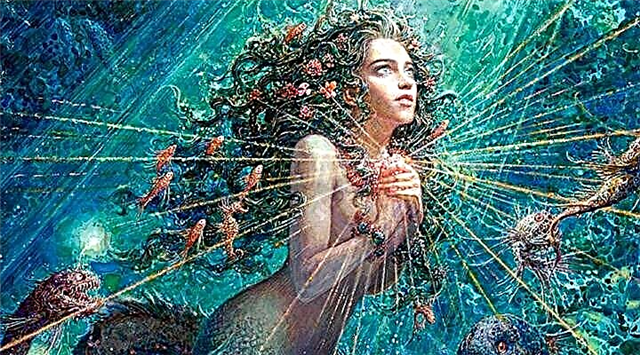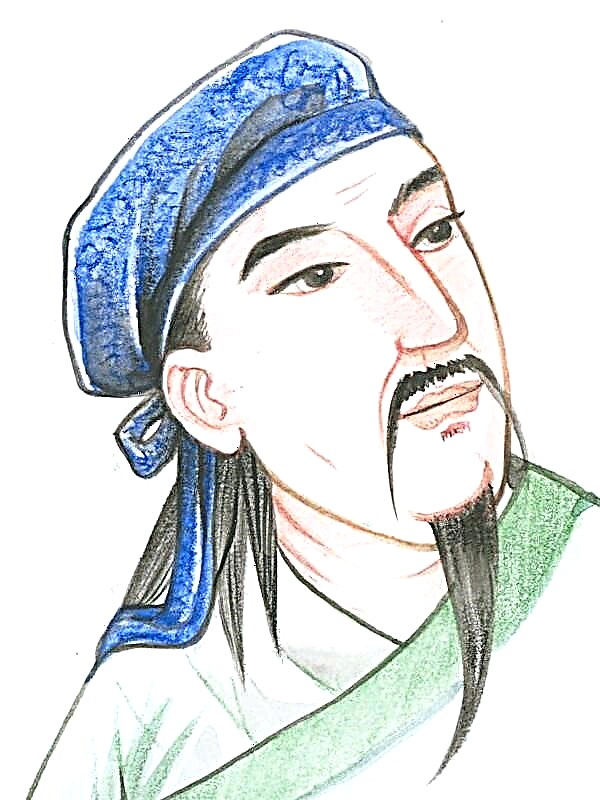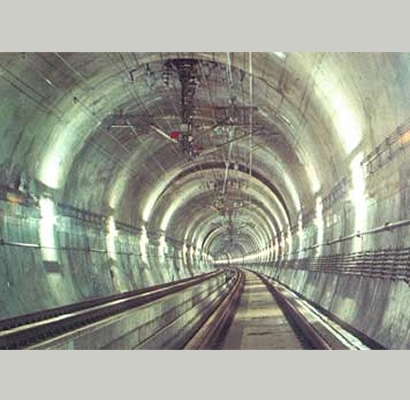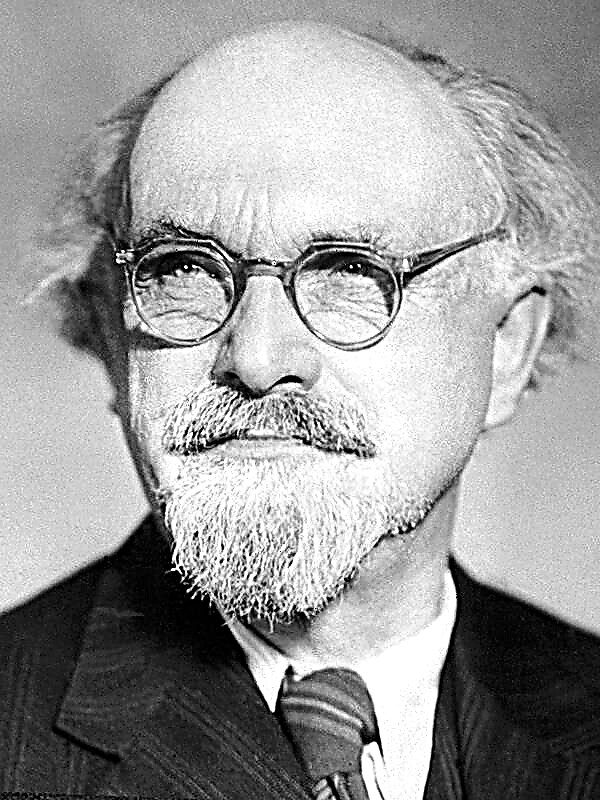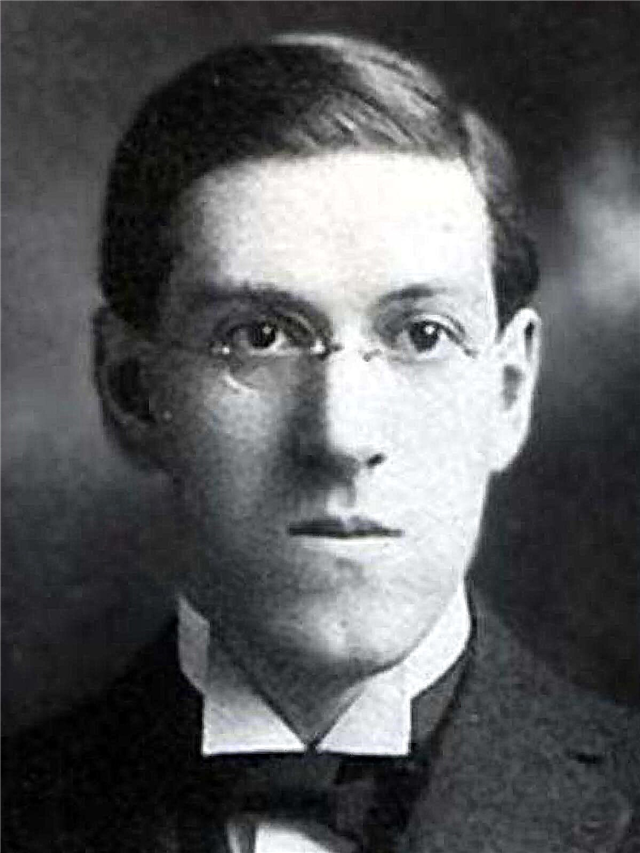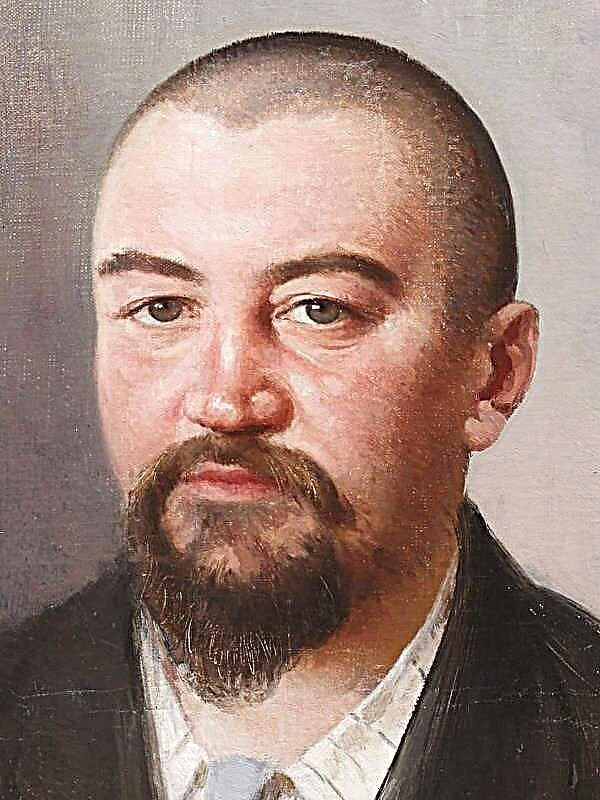(262 words) Gogol’s play The Inspector General, written in 1835, introduced a new compositional and substantive plan into Russian dramaturgy. The characters depicted in the work are weak-willed and greedy people who discourage their ignorance. All these images are not fictional, since the Russian province of the 30s of the 19th century for the most part consisted of such persons. In his comedy, Nikolai Vasilievich addresses several important issues of society: the implementation of the law and duties by officials. These issues are relevant in the modern world.
The events described in the play take place in the first half of the 19th century in the city, which the author called the city "N". The protagonist of the comedy "The Inspector General", Ivan Aleksandrovich Khlestakov, is a petty person and nothing of himself. They do not speak about him sublimely, he does not have a single good trait, but he also does not have a bad one, he does not have any aspirations and an outstanding mind, but he does not have anger and cruelty. In essence, this word defines a society that has all the features that the main character of a comedy possesses.
Ivan Aleksandrovich once finds himself in a county town where local officials, mired in bribery, with shaking knees were waiting for the auditor to arrive. Khlestakov, by pure chance, absolutely inadvertently takes his place. There was no desire to deceive in him, but the protagonist did not even resist and simply accepted the imposed role. The officials were too frightened by the fact that the auditor could destroy their painstakingly built world, and this was precisely what prevented them from seeing a small bipod in the face of the named auditor.
In his comedy The Inspector General, Nikolai Vasilievich gathered all the bad things that were in Russia to make everyone laugh at once. He flaunted Khlestakovism as a universal vice of the then Russian society. Laughter, as the author of the work said, was a weapon against servility, bribery and official worship.

